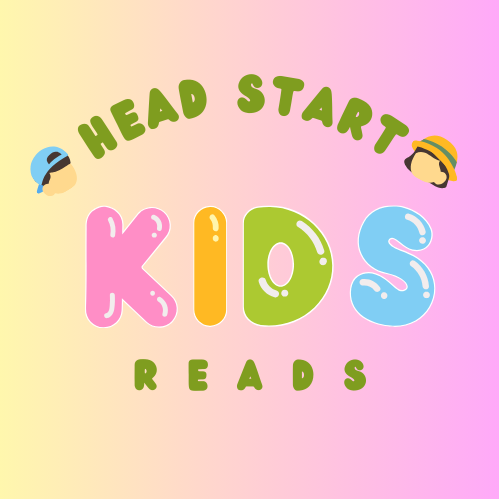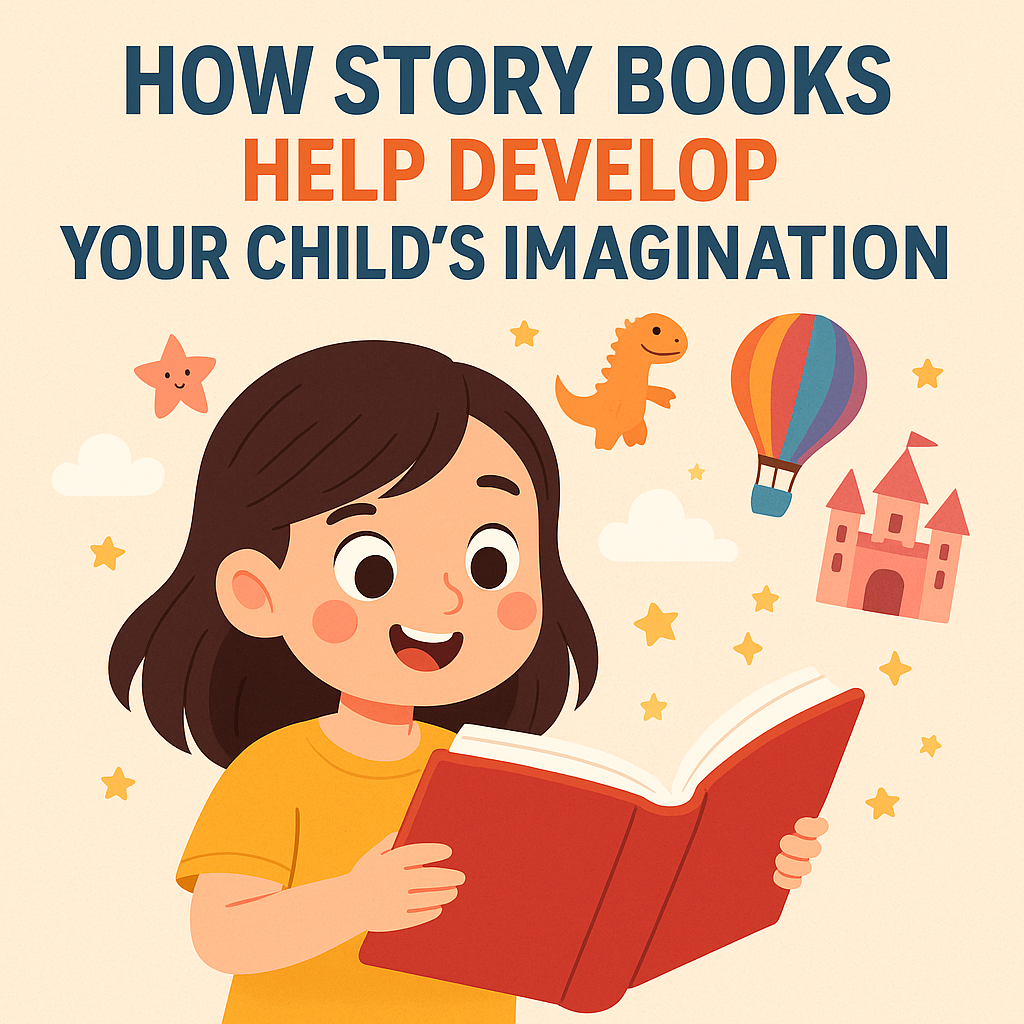Imagination is a cornerstone of childhood development, enabling children to explore new ideas, understand different perspectives, and navigate the world around them. Storybooks play a pivotal role in nurturing this imaginative capacity. Through engaging narratives and vivid illustrations, storybooks open doors to fantastical worlds, encourage creative thinking, and support emotional growth. This article delves into how storybooks contribute to the development of a child’s imagination and offers practical tips for parents to foster a love for reading.
1. Storybooks as Gateways to New Worlds
Storybooks transport children to realms beyond their everyday experiences. Whether it’s a journey through a magical forest or an adventure in outer space, these narratives stimulate the imagination by presenting scenarios that challenge the boundaries of reality.
Key Points:
-
Exposure to Diverse Scenarios: Reading about different settings, characters, and situations broadens a child’s understanding of the world and introduces them to concepts they might not encounter in daily life. nooksy.co
-
Encouragement of Creative Thinking: Imagining the events of a story requires children to visualize scenes, predict outcomes, and empathize with characters, all of which enhance creative thinking skills.
2. Enhancing Language and Cognitive Skills
Engaging with storybooks not only fuels imagination but also supports language development and cognitive growth.
Key Points:
-
Vocabulary Expansion: Encountering new words in context helps children understand and remember them, enriching their vocabulary. Child Mind Institute
-
Improved Comprehension: Following a narrative structure aids in understanding cause-and-effect relationships and sequencing events, which are critical cognitive skills.
-
Development of Critical Thinking: Discussing story outcomes and character decisions encourages children to think critically and form their own opinions.
3. Fostering Emotional Intelligence
Storybooks often explore complex emotions and social situations, providing children with a safe space to understand and process feelings.
Key Points:
-
Empathy Building: Identifying with characters’ experiences allows children to develop empathy and understand different emotional responses.
-
Emotional Expression: Reading about various emotional scenarios helps children recognize and articulate their own feelings.nooksy.co+1WIRED+1
-
Problem-Solving Skills: Observing how characters navigate challenges teaches children strategies for resolving conflicts and making decisions.
4. Encouraging Imaginative Play
The narratives and themes found in storybooks often inspire children to engage in imaginative play, which is crucial for development.
Key Points:
-
Role-Playing: Children may reenact stories or create their own adventures, enhancing creativity and understanding of social roles.
-
Scenario Creation: Inventing new storylines or altering existing ones fosters flexibility in thinking and innovation.
-
Collaboration: Group play based on story themes encourages cooperation and communication among peers.
5. Building a Lifelong Love for Reading
Introducing children to storybooks at an early age sets the foundation for a lifelong appreciation of reading.
Key Points:
-
Routine Establishment: Regular reading times create a sense of stability and anticipation, making reading a cherished activity.
-
Positive Associations: Enjoyable reading experiences lead to positive attitudes toward books and learning.SURFACE+9Kumon+9verywellfamily.com+9
-
Academic Benefits: A strong reading habit contributes to better academic performance and a greater ability to acquire new knowledge.
Practical Tips for Parents
-
Diverse Selection: Offer a variety of books that cover different genres, cultures, and themes to broaden your child’s perspective.
-
Interactive Reading: Encourage discussions about the story, ask open-ended questions, and relate events to real-life experiences.
-
Creative Activities: Incorporate drawing, acting, or writing exercises based on the stories to deepen engagement.
-
Library Visits: Regular trips to the library can introduce children to new books and foster a sense of exploration.
Conclusion
Storybooks are more than just a source of entertainment; they are vital tools in developing a child’s imagination, language skills, emotional intelligence, and love for reading. By integrating storybooks into daily routines and engaging with the content actively, parents can significantly contribute to their child’s holistic development.

